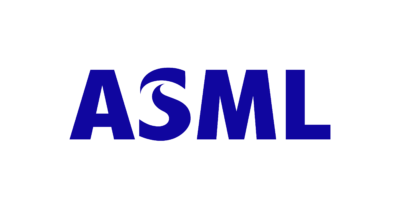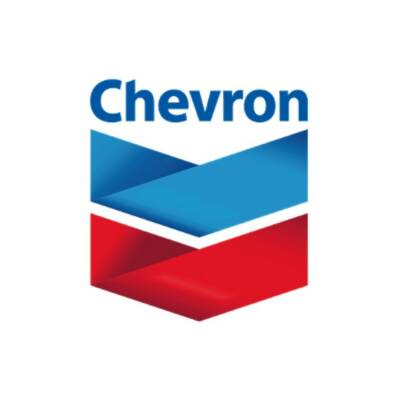Conference
The time slots for the various talks might change.
Conference Day 02
How to build the six elements of Decision Quality?
Recap from Day 1 & Overview

CEO | Decision Advisor at ThinQ Decisions
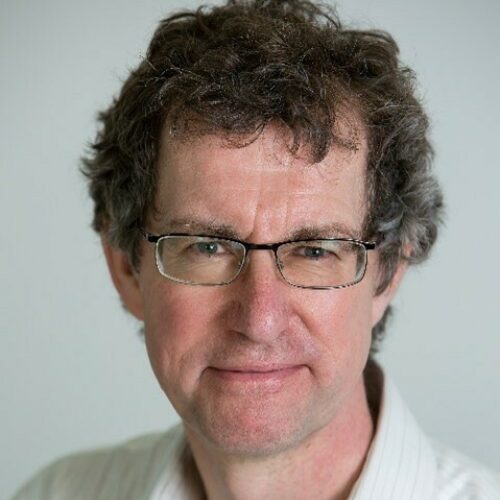
Senior Decision Quality Consultant
Let's recap what we learned yesterday and explore Day 02
About Trygve Botn
Trygve has experience as a Decision Science Professional from Chevron and as a consultant. He is a Fellow at the Society of Decisions Professionals and is the Founder of ThinQ Decisions, an Oslo-based decision consultancy firm. With over 15 years of energy industry experience from Chevron, Trygve has held several key roles as a Decision Professional Leader, Advisor, and Analyst in Norway, the USA, and Kazakhstan. He has applied the principles of Decision Quality (DQ) to several major investment decisions for various oil & gas projects, technology development, renewable energy, business development and commercial investments decisions, and corporate strategies. Trygve has led several organizational DQ efforts and worked to enhance methodologies and practices in framing, economics and evaluations, Value of Information, and portfolio selection.
About Peter Naylor
Pete has over 20 years’ experience as a Decision Professional. He is the Principal Technical Expert for Decision Quality in Shell and manages a project to strengthen decision making across the whole company. He helps managers to make complex decisions, taking full account of risks & uncertainties and has an extensive track record in Project Risk Management, helping managers to deliver their value promises. He has worked within integrated teams on a wide range of projects including appraisal and development strategies, refurbishment of processing facilities and asset integrity management. Pete has one wife, three children, three children-in-law, four grandchildren and one dog and he lives near Poole in Dorset (UK).
Appropriate Frame: The Art of Building an Appropriate Frame to Enable Informed Decisions
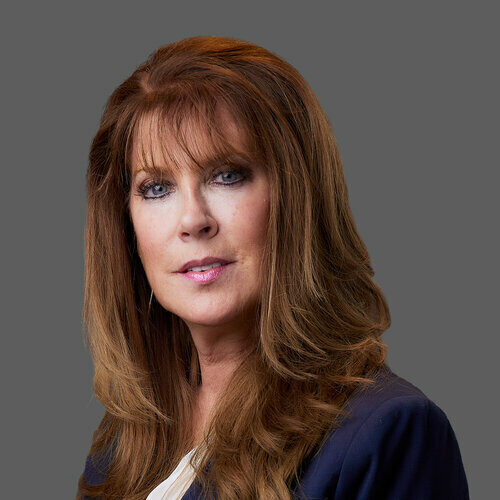
Founder of Decision Frameworks
If the decision frame is the anatomy of a decision problem - the bounded viewpoint of decision-makers and experts familiar with the issues, what is key to defining the problem we need to solve? How do we work with decision makers and teams to clarify the decision that needs to be made, the brutal truths of the situation and the solution space to consider? This presentation discusses the elements of a good decision frame and the workflow, tools, and tips to facilitate this all-important dialogue which will make or break the quality of your decisions.
About Ellen Coopersmith
Ellen Coopersmith is an expert in decision quality and decision analysis implementation and its practical application in multiple industries. She consults, facilitates, and trains organizations across the globe, utilizing her extensive experience in strategy development, scenario planning, decision framing, probabilistic analysis, and value of information. An engineer by degree from The Colorado School of Mines, Ms. Coopersmith has specialized in decision analysis for last 25+ years. As of 2022, she’s trained over 7,500 professionals while assisting companies with both corporate DQ implementations and strategic decisions at all levels of the organization. Ms. Coopersmith is the president of Decision Frameworks, a decision quality enablement firm providing consulting, training and software around the globe. She was the 2017 – 2018 president of the Society of Decision Professionals, a published speaker on decision analysis, a Professional Engineer and SDP Fellow.
Clear Value Measures & Trade-Offs: DQ as a Leadership Instrument – Driving an Organization to Reach Your Objectives
CEO at Strategic Decisions Group
We all know how adamant CEO’s can be in gaining clarity on targets and describing their vision for their business to evolve and change. We seldom talk about the frustration they feel about the challenges of getting an organization to realize that vision. What leaders fail to recognize is that the organization needs to understand how to make trade-offs between underlying fundamental objectives behind the vision. Realizing the vision requires many follow-on decisions to bring it to life. We will talk about how leaders can codify the trade-off process and accelerate quality decision making in an organization.
About Mark Seidler
Dr. Mark Seidler, chief executive officer, joined SDG in 2001 and previously led the firm’s European operations and global Life Sciences practice from 2012 to 2020. He has more than 30 years of experience in structuring and development of strategies for global leaders in pharmaceuticals, agrosciences, fine chemicals and energy technology in Europe, the U.S., and Asia.
Dr. Seidler’s experience spans a broad spectrum of interdisciplinary, international projects, including supporting clients in defining the focus of product development, business unit, and corporate strategy. He guides clients through major business transitions, including decisions to enter new geographic markets or business sectors, to align innovation and product portfolio strategy, and to transform business models in the face of industry change. He is broadly experienced in the application of decision analysis methodology as well as the structuring and modeling of complex strategic alternatives.
Prior to entering consulting, Dr. Seidler held a variety of positions at Bayer AG in Germany, both in business operations in product development and production, as well as in the pharmaceutical and corporate strategy departments.
Dr. Seidler holds a PhD in chemistry from the University of California at Berkeley and a BS in chemistry from the California Institute of Technology.
Coffee & Networking
Creative, Do-able Alternatives: Creating Strategic Alternatives – An Iterative Process Involving Decision Boards
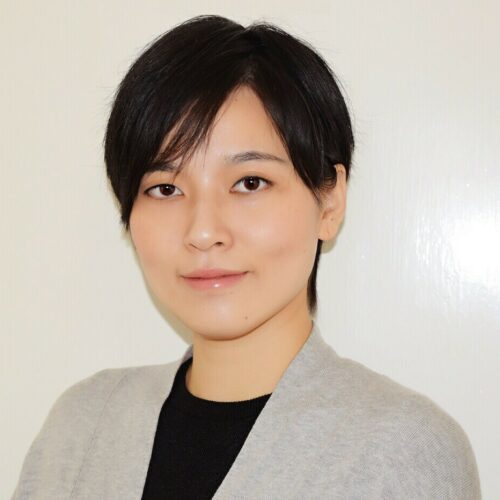
Director, Portfolio Decision Science at GSK
Clinical trials are lengthy and expensive. Good investment decisions are not possible without exploring distinct and creative alternatives, yet it’s not an easy task. We face the challenge that alternatives are just small tweaks of the recommended option, alternatives only focus on clinical plan instead of the entire asset strategy, or governance bodies would like to explore other alternatives but it’s too late in the process… Lan, as a decision science practitioner in the Pharma industry, will share her perspectives on these challenges and the solutions she has piloted to cope with them.
About Lan Ding
Lan Ding is a Decision Science Director at GSK with over a decade of successful experience in data analytics, forecasting and investment decision analysis across R&D, supply chain and Commercial. High intellectual curiosity and learning agility, associated with proficient communication and problem-solving skills, enables Lan to deal with ambiguity and support complex decision making in cross-functional settings.
Useful Information & Ranges: AI vs Human Judgement
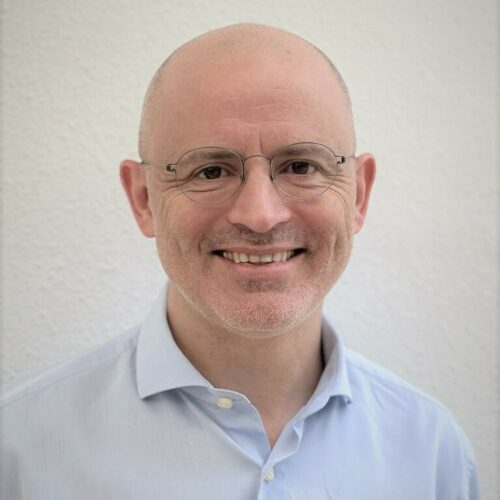
Area Chair and Associate Professor of Decision Sciences at INSEAD
Advances in data science and Artificial Intelligence (AI) have led to increased automation of decisions in many fields. However, human judgment has strengths that cannot be replicated for the foreseeable future. We will discuss the relative strengths of AI and human judgment, where human judgment is currently not replaceable and, as a consequence, which biases in judgment are increasingly relevant, and how training and processes can mitigate these biases -- including using the combination of data, processes, and training in the particularly important case of overconfidence bias and the elicitation of ranges.
About Miguel Sousa Lobo
After his undergraduate degree from Instituto Superior Técnico, Portugal, Miguel completed his graduate work at Stanford University, USA, with a PhD from the Information Systems Lab with a minor in Management Science and Engineering, as well as an MA in Political Science. As the Director of the INSEAD Middle East Campus from 2013 to 2019 he led the establishment of the new campus in Abu Dhabi. He is currently based at INSEAD’s Asia Campus in Singapore. Prof. Lobo’s work has appeared in leading publications such as Management Science, Operations Research, Journal of Finance, Administrative Science Quarterly, and Harvard Business Review.
Lunch & Software Roadshow
Logical & Correct Reasoning: "Health Warning: The Base Case is Not What You Think"
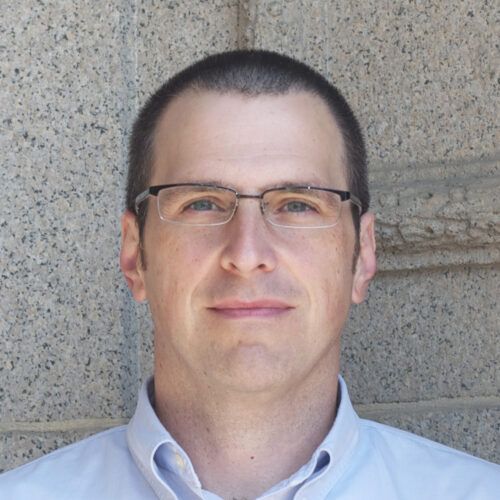
CEO at Syncopation
Even as they accept the reality that the future is uncertain, mainstream business professionals are obsessive about having a deterministic set of numbers which they can use in communication and planning. Decision professionals know that this "base case" is a fantasy and eschew it, often acting like missionaries trying to wean the heathen from their primitive ways. Still, the world around us demands numbers and seldom accepts ranges, and those blanks will be filled in one way or another. As pragmatists trying to make a difference, we need a base case that we can live with. This talk discusses how to choose a most useful and least dangerous base case.
About Chris Dalton
Chris Dalton is CEO/co-owner of Syncopation Software, publisher of the DPL and DPMX business analytics software products. Mr. Dalton has over 20 years of experience consulting in decision analysis, risk analysis and real option valuation. He has advised a variety of clients in the pharmaceutical, energy, high tech, and logistics industries in proven methods to improve performance and reduce risk. His focus is on engagements creating decision processes and systems which leverage management science, data science and technology to improve decision quality on an ongoing basis. He has trained hundreds of professionals in decision analysis and related methods and tools.
Useful Information & Ranges: How Data can Support Decision Making
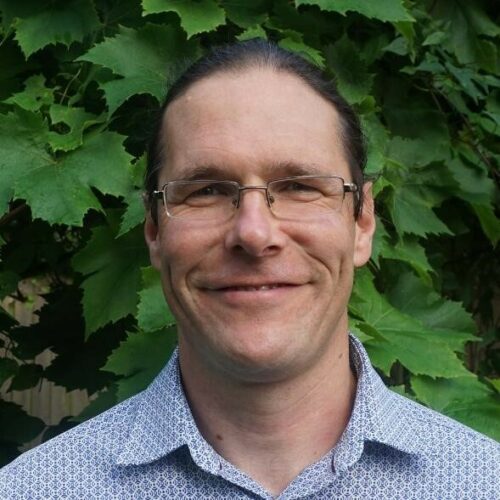
Head of Machine Learning and AI, Clinical Pharmacology and Patient Safety at AstraZeneca
The clinical trials needed to develop new drugs are extremely complex and expensive to run and are critical to getting regulatory approval for the drug in different countries. A good trial requires a huge number of design decisions, including the trial objectives, the population to recruit participants from, how and what the new drug will be compared with, and what data to collect to show that the drug is effective without the data collection being so burdensome that nobody will enroll in the trial. A trial is also an information-gathering exercise in itself, to help make a later decision about whether the drug should be used. Thus drug trials are an excellent example of the importance of good information, and in particular of the importance of representing our uncertainty about that information. In this talk I’ll look at data-driven approaches to several aspects of trial design. I’ll also argue for a value-of-information approach to choosing trials to collect information for the larger decision of whether or not the drug should be used.
About Richard Dearden
Richard Dearden is a Machine Learning (ML) and Artificial intelligence (AI) scientist who has spent 15 years in a variety of industries and 7 years as a university academic. He’s been with AstraZeneca for 3 years, and has recently moved from a role building decision-support tools for designing and running clinical trials. He now leads the AI and ML team for Clinical Pharmacology and Safety Sciences.
Before joining AstraZeneca, Richard worked in Oil and Gas mostly on automation and planning for drilling operations, and before that was an academic at the University of Birmingham, working on robotics, autonomous underwater vehicles, and sequential decision-making problems with a particular interest in decision-making under uncertainty. He also spent five years at NASA Ames Research Centre working on state estimation, fault diagnosis and planning for Mars Rover and satellite operations. He has a PhD in Computer Science from the University of British Columbia.
Tea & Networking
Commitment to Action: The Commitment to Action Conundrum
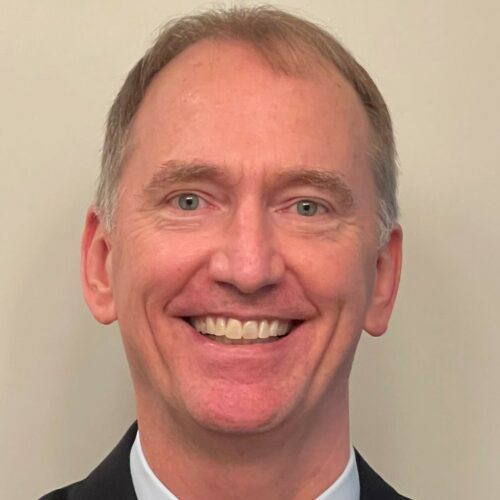
General Manager, Decision Analysis at Chevron
A potentially provocative assertion: Commitment to action is an inadequate label for the sixth element of decision quality. Decision-makers (and others) can easily misinterpret what commitment to action encompasses, which can jeopardize decision quality. As DA/DQ practitioners, our purpose is to support decision-makers in their goal of achieving high decision quality. This talk will explore problems that misinterpretation of commitment to action creates and some potential solutions.
About Mike Benefiel
Mike Benefiel is the General Manager, Decision Analysis for Chevron. Mike received his BSc. in Geophysical Engineering from the Colorado School of Mines. Mike has extensive energy industry experience including research, data acquisition, data processing and interpretation for energy exploration and development.
Mike joined Chevron in 2006 as a Decision Analysis Advisor and has held DA/DQ technical and leadership positions supporting teams and decision-makers throughout Chevron. He assumed his current role in October 2020.
Understand the Benefits, Challenges and Ways to Improve use of DQ in the Real World

Senior Decision Quality Consultant
You’ve heard about the ‘wisdom of the crowd’, well this is our opportunity to pool the collective knowledge and wisdom at the conference and capture the benefits and challenges associated with DQ. Over the 2 days of the conference, we will be using collaboration software to capture your views of the benefits and challenges of using DQ. We will also seek to identify improvements that you can make to the application and practice of DQ in your organization.
About Peter Naylor
Pete has over 20 years’ experience as a Decision Professional. He is the Principal Technical Expert for Decision Quality in Shell and manages a project to strengthen decision making across the whole company. He helps managers to make complex decisions, taking full account of risks & uncertainties and has an extensive track record in Project Risk Management, helping managers to deliver their value promises. He has worked within integrated teams on a wide range of projects including appraisal and development strategies, refurbishment of processing facilities and asset integrity management. Pete has one wife, three children, three children-in-law, four grandchildren and one dog and he lives near Poole in Dorset (UK).
Feedback & Closing Comments

CEO | Decision Advisor at ThinQ Decisions
What did we learn from this conference? What will you do differently when you get back to your office or in private? What would you like to hear more about next time? Are you interested in taking part on the Decision Professional communities abroad or in Norway?
About Trygve Botn
Trygve has experience as a Decision Science Professional from Chevron and as a consultant. He is a Fellow at the Society of Decisions Professionals and is the Founder of ThinQ Decisions, an Oslo-based decision consultancy firm. With over 15 years of energy industry experience from Chevron, Trygve has held several key roles as a Decision Professional Leader, Advisor, and Analyst in Norway, the USA, and Kazakhstan. He has applied the principles of Decision Quality (DQ) to several major investment decisions for various oil & gas projects, technology development, renewable energy, business development and commercial investments decisions, and corporate strategies. Trygve has led several organizational DQ efforts and worked to enhance methodologies and practices in framing, economics and evaluations, Value of Information, and portfolio selection.
